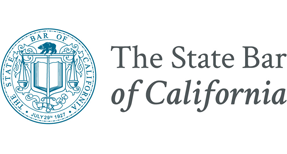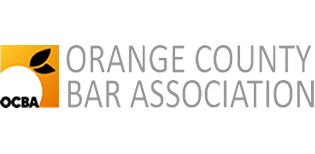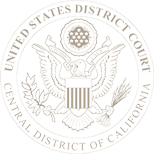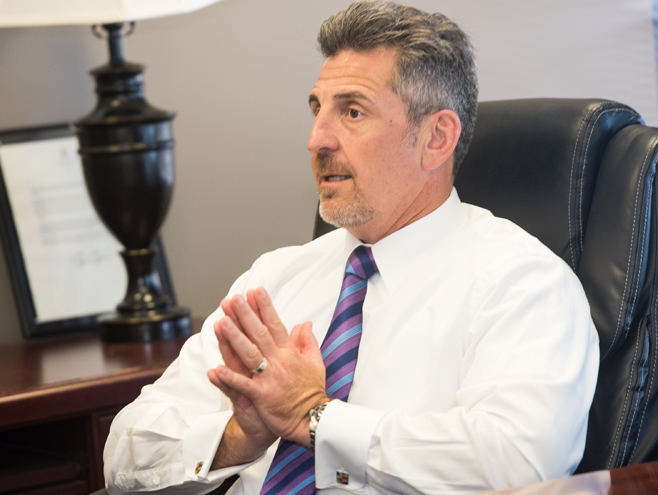The State of California has strict laws governing traffic stops when law enforcement suspects that a driver may be driving under the influence (DUI) of alcohol or drugs. In order to stop a vehicle on suspicion of a DUI, the police must have a reasonable suspicion that the driver is intoxicated based on the driver’s actions. Someone who is driving erratically, for example, may legally be pulled over by law enforcement.
However, there is a scenario in which California law enforcement may not be required to have reasonable suspicion before stopping a vehicle on suspicion of DUI: DUI checkpoints. California law allows law enforcement officers to set up DUI checkpoints as a deterrent to drivers who may choose to drive while under the influence. These stops can be nerve-wracking for drivers, even those who are completely sober or whose blood alcohol content (BAC) is below the state’s legal limit of .08%.
If you or a loved one were stopped at a DUI checkpoint for DUI in Orange County, or the surrounding Southern California region, and are now facing charges, it is imperative that you consult with a DUI defense attorney. Every case is unique, and the precise manner in which law enforcement handled every aspect of the checkpoint and the DUI tests administered can determine if your or your loved one’s DUI charges are sustainable by the prosecution. At The Law Offices of Bryan R. Kazarian, we have the knowledge and experience necessary to assess how the police conducted the DUI checkpoint to properly defend a case against you or your loved one.
Understanding the DUI checkpoint process in Orange County
While California law allows law enforcement to set up and administer DUI checkpoints, it also requires law enforcement to adhere to strict guidelines when administering DUI checkpoints. These guidelines were established by the California Supreme Court and regulate how and when a checkpoint is operated, the level of intrusiveness involved during the checkpoint, and who is responsible for any decisions made during the checkpoint.
If, at any point during a DUI checkpoint, law enforcement fails to adhere to these guidelines, any DUI charges or arrests may be subjected to suppression of the evidence against you and a dismissal of the charges. For instance, if it is shown that a supervising officer did not make the operational decisions during the checkpoint, or if the vehicles that were checked were not selected beforehand in an unbiased manner, the checkpoint may fail to meet the standards set by California law.
DUI checkpoint guidelines in California regulate every aspect of the checkpoint, such as:
- Decisions. Supervising officers must make all operational decisions during a DUI checkpoint.
- Vehicle selection. Vehicles must be stopped and checked according to unbiased standards. These are often mathematical in nature, such as stopping every third vehicle.
- Checkpoint location. Law enforcement is required to set up DUI checkpoints in a reasonable location.
- Safety. The DUI checkpoint itself must be reasonably safe. It should be clear to drivers that the checkpoint is an official law enforcement operation. In addition to lights and signs, there should be uniformed officers and marked police vehicles present at the site. Additionally, law enforcement should not require vehicles to stop in any area where the vehicles, the vehicles’ occupants, or law enforcement administering the checkpoint are in physical danger.
- Timing. Any DUI checkpoint in California must be operated at a reasonable time of day and for a reasonable length of time. Law enforcement should not detain drivers for longer than it takes to identify signs of intoxication. If there is no probable cause, drivers should be free to leave the checkpoint.
- Public notice. While DUI checkpoints should be, and typically are, advertised publicly ahead of time via local news outlets, a checkpoint that was not advertised publicly is not necessarily improper.
Frequently Asked Questions about DUI Checkpoints
As a driver, you are likely to face a DUI checkpoint at some time or other. These checkpoints can make anyone nervous – whether you had a drink or two before getting behind the wheel or are completely sober. It is normal to have questions about police checkpoints for DUI. While the specific circumstances may play a role in the answer to your questions, some general information may be helpful. For legal advice pertaining to your or a loved one’s specific DUI checkpoint questions, it is best to consult with an experienced Orange County DUI lawyer like those at The Law Offices of Bryan R. Kazarian.
What happens during a DUI checkpoint?
DUI checkpoints can be stressful or even frightening. Understanding what occurs during a DUI checkpoint – including what law enforcement will do, what they will ask you to do, and what you are required by law to do – can make the entire process less stressful. It can also help you avoid any missteps on your part that could potentially cause problems.
You should know you are approaching a DUI checkpoint well in advance due to flashing lights, signage, the presence of uniformed law enforcement, and clearly marked law enforcement vehicles.
During a typical DUI checkpoint in Orange County, law enforcement will:
- Stop your vehicle according to predetermined, unbiased criteria;
- Ask you to present your valid driver’s license and vehicle registration;
- Observe you for any signs of intoxication, such as the smell of alcohol on your breath, slurred speech, or red watery eyes;
- Ask you to submit to a field sobriety or breath test, if any signs of intoxication are observed;
- Arrest you if a field sobriety test shows enough probable cause that you are under the influence of alcohol or drugs, or if the breath test reveals a BAC of .08% or greater.
If you are stopped at a DUI checkpoint and law enforcement does not observe any signs of intoxication – or if you pass a field sobriety test or breath test – you will be free to continue on your way.
Can I change my route to avoid a DUI checkpoint?
Yes. If you are aware of a DUI checkpoint in advance and want to change your route to avoid it, that is perfectly legal. You can even change your route as you approach a DUI checkpoint – so long as you do so legally, obeying all California traffic laws. This may not be possible depending on where the checkpoint is located and how close you are to it. Most police departments do not send their officers after drivers who avoid checkpoints, but it is important not to give them a valid reason to stop you. This includes not only traffic violations but also vehicle equipment malfunctions such as a broken taillight. Keep in mind that law enforcement is trained to observe every vehicle for signs of an impaired driver, so if police notice you deliberately avoiding the checkpoint and anything in your driving indicates that you may be under the influence of alcohol or drugs, they may decide to stop you or alert other law enforcement in the area to do so.
Can I refuse to do an inspection?
Under California law, drivers cannot refuse to submit to an inspection at a DUI checkpoint. If you do not comply with law enforcement’s orders during a checkpoint, police may charge you with an unrelated law violation, such as obstruction, in addition to a DUI if you are in fact under the influence of an alcoholic beverage or drugs.
Contact The Law Offices of Bryan R. Kazarian today.
DUI checkpoints can be intimidating, especially if law enforcement arrests you for driving under the influence. If you or a loved one is facing any type of charge stemming from a DUI checkpoint, the Orange County DUI lawyers at The Law Offices of Bryan R. Kazarian can help. We are not here to judge you, we are here to defend you, and we do that aggressively. We know that every case is unique, so we listen carefully to the details of your story before building a strategic defense. Our experienced Southern California criminal defense attorneys understand the guidelines law enforcement officers are required to follow during a DUI checkpoint, and we are adept at identifying any errors in law enforcement procedure.
If you or a loved one is facing charges after a DUI checkpoint arrest in Orange County, contact us for assistance. Give us a call at (855) 918-4253 or complete our contact form to schedule a consultation. We stand ready to fight for you.








